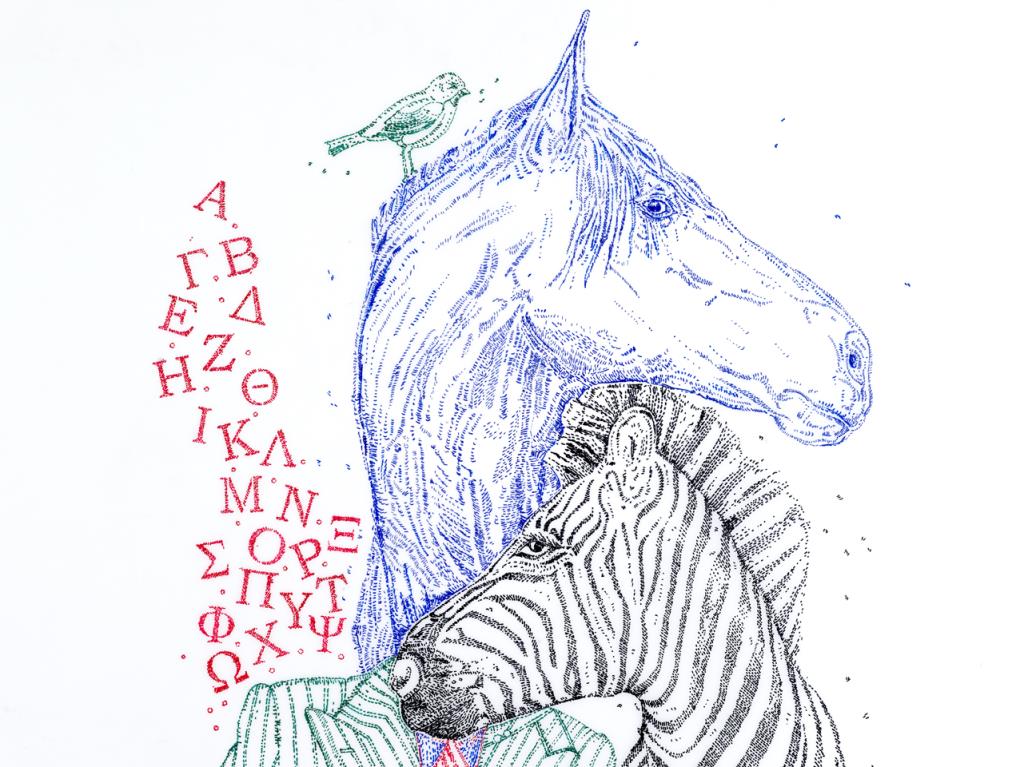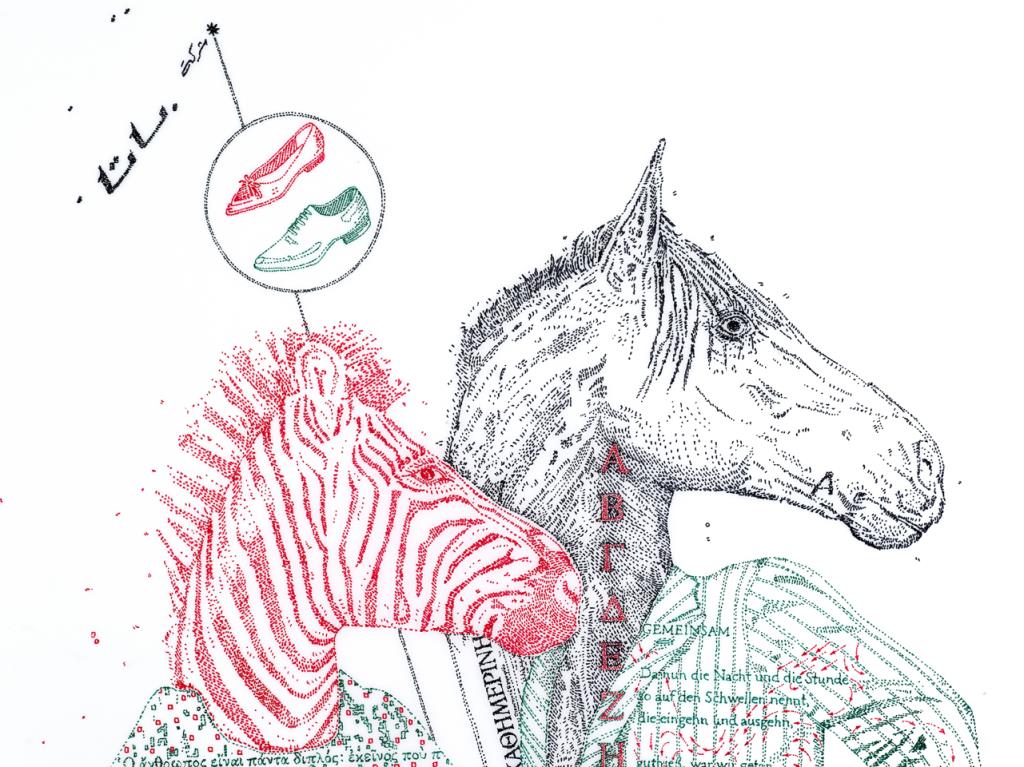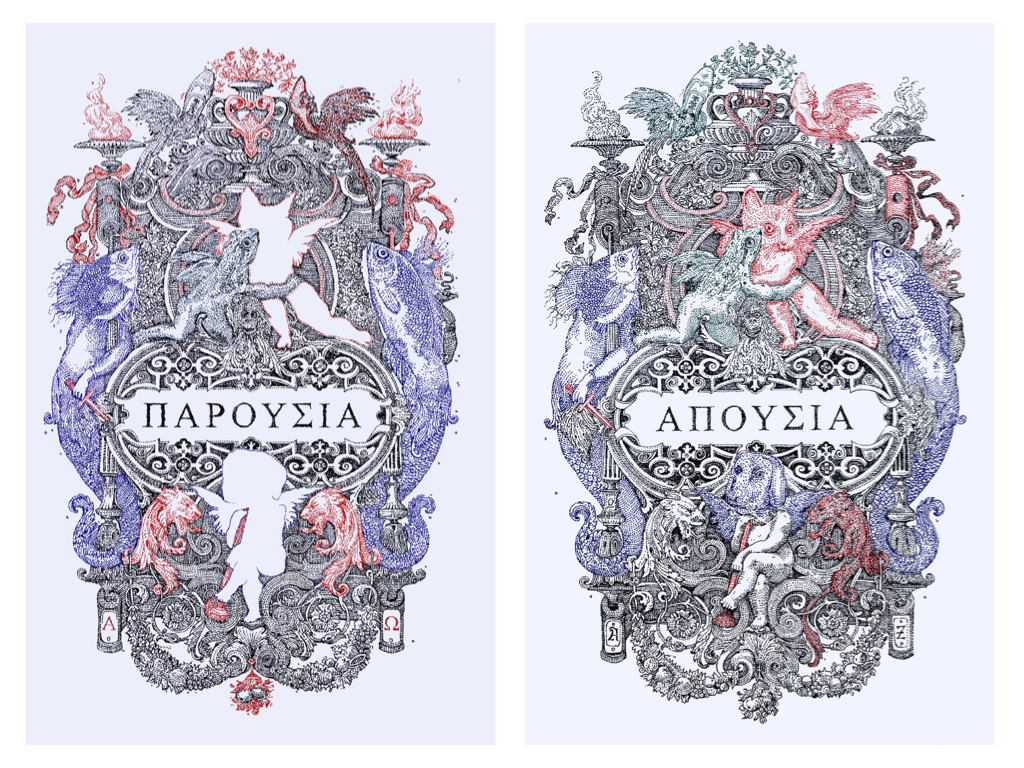Text by: Elke Krasny
I shall start this essay by exploring the exhibition’s title. Echoes of Absence. This title opens up conditions, both complex and difficult, of tension that cannot be dissolved.
The first condition of tension is that between what we can hear and what we can see, between audible and visible.
Can we only hear an echo? Or can we also see it?
The second condition of tension is that between body and voice.
Is the body able to develop its own voice? What form of its own does this body-voice assume? How do artists experience this space between voice and body and how do they transform it – from an aesthetic point of view – into a condition between body, voice, audible and visible?
The third condition of tension is that between absence and presence. Is absence the mere opposite of presence? No, absence is, rather, the presence of the presence’s absence. Absence qualifies itself as absent by its presence. It is this paradox that determines and, in its form, constitutes the condition. How may the fragile state of absence be evoked as that of presence and be kept in the absent balance, even though it shall be classified as exactly that, i.e. absent. How do artists experience this space between body, voice, audible, visible, presence, absence?
The fourth condition of tension is that between possible and impossible and, therefore, asks the vital question: What are the reasons for absence? Why is something absent? Why is presence impossible? Why is only absence possible? How come something is present while being absent? It is this question that adds the political aspect to the condition. It is this question that adds the cultural aspect to the condition. It is this question that adds the social aspect to the condition. It is this question that complicates the conditions. It is essential that we presume that an absence, in order to become audible and visible, must first be recognized as such, i.e. as absent, as not present. This is a political process. It is logical that the recognition of absence as a lack of something must precede the questions of aesthetics. The thought of absence may then lead to its aesthetic formation, resulting in an echo of absence. How do artists experience this space in such a way that they can, between possible and impossible, body and voice, audible and visible, presence and absence, open new aesthetic procedures triggering new thoughts?
In his alphabet series, Alexandros Maganiotis dedicates to each letter of the Greek alphabet one of his works. The letters evoke the name of an animal. This denomination is the first echo. Everything that is not present is evoked by a name. This name becomes an expressed echo of the denominated absence, which is summoned by the voice in spoken word. The denominated object thus becomes both present and absent. The denominated animals – literally denominated by use of the letters of the alphabet – become creatures of a mythical-anthropological zoology, arising out of imagination, not out of an already existing mythical-anthropological zoology. They turn into a horse-man or a zebra-woman. These human-animal-bodies shift into positions that – did their bodies actually exist – would be most difficult for them to adopt. The impossible makes reference to the echoes of politics, social life and culture being an obstacle of a transgression of their conditions and rules of the game. The impossible finds its counterpoint in the lines which do not form a continuous figure but consist of individual spots, thereby making reference to their permanent state of being interrupted.
Absence is not the opposite of presence.
Absence is the presence of presence’s absence.
In Greek mythology, Echo is a mountain nymph who first loses her power of speech and can only repeat what she last heard from others. Echo means the repetition of something already said by others in their own voice. Finally, Echo will lose her body, being reduced to a mere voice. Echo symbolizes the above mentioned complex and difficult conditions between bodies, voices, audible, visible, presence and absence. The position of Echo is precarious. In modern use of language, echo means a sound resonating throughout times, a trace of an elusive memory, upholding an idea but also locating obstacles.


